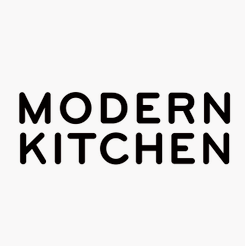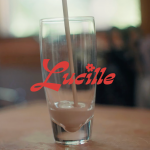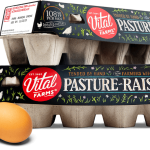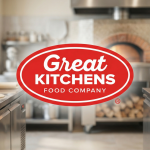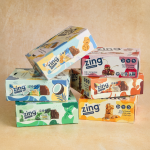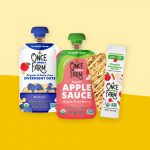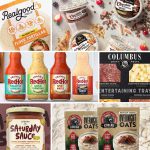Perfect Day Lays Off 15% of Workforce, Shutters Consumer Biz & Coolhaus
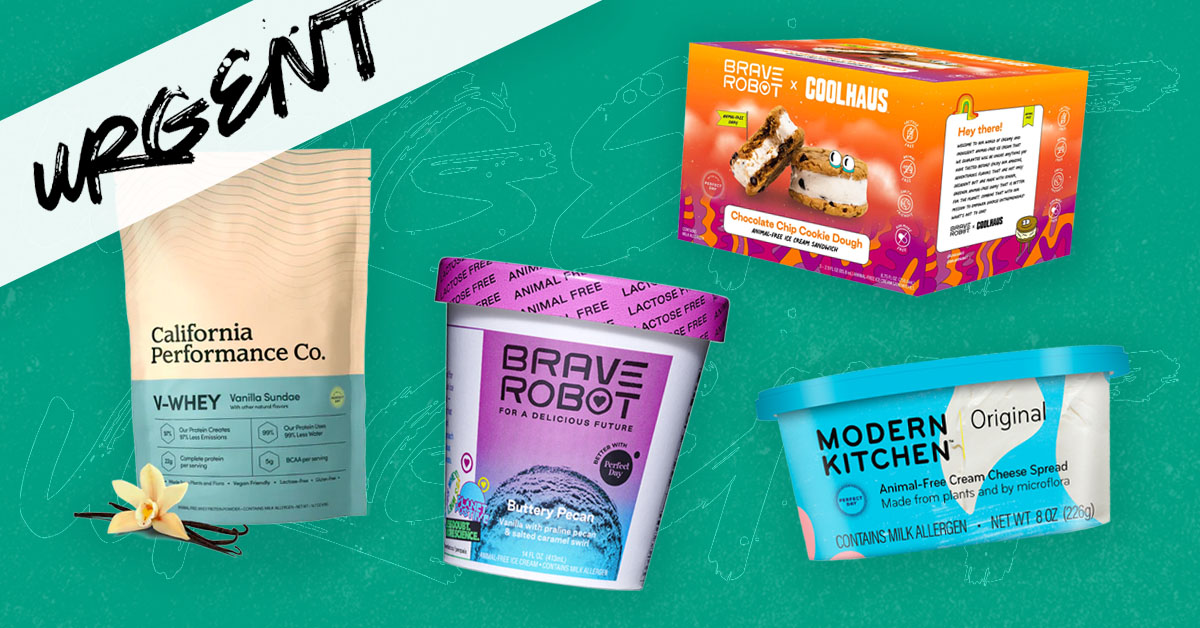
Perfect Day has laid off roughly 15% of its workforce as it moves to exit its consumer-facing business, The Urgent Company (TUC), in order to focus solely on its B2B ingredient sales and nth bio “consulting” precision fermentation business.
The TUC division houses four brands: Modern Kitchen (cream cheese), Brave Robot (ice cream), California Performance Company (whey protein) and Coolhaus (ice cream and frozen novelties).
Employees were told of the layoffs in a letter late last week.
“We [are] refocus[ing] all efforts on our founding principles of R&D innovation and the resulting B2B partnership opportunities from our investment into the technology we have been building over the past nine years,” wrote president Narayan Tripunithura Mahadeva (who goes by TM). “As part of this, we have to take the incredibly difficult step of parting ways with our talented B2C team members and reducing some Perfect Day positions to support this focused business.”
Team members began to suspect changes were afoot the week of June 26, when Alex Brittian, Perfect Day’s consumer division president for Asia and the U.S, was laid off, a source formerly with Perfect Day told NOSH.
On the morning of July 6, employees within the consumer division were informed of their termination via a letter sent to their personal email accounts and were simultaneously locked out of their computers and work software. A spokesperson for Perfect Day said that while the company maintains its headquarters in the Bay Area, the layoffs were conducted digitally due to remote workers.
In total, 134 Perfect Day employees were laid off: 122 in the U.S. and 12 in the U.K. and Asia. No cuts were made to the company’s India-based manufacturing business, which it acquired in 2022. Other rounds of layoffs have occurred over the past year, but a Perfect Day spokesperson declined to share exact numbers. A Q&A document sent to remaining employees last week noted that reductions in force had also impacted some team members in B2B, BaaS, and corporate services but it remains unclear if that is in reference to last week’s layoffs or prior terminations.
The Urgent Company team’s official last day is September 4; however, they are no longer involved in the day-to-day operations of the business. In order to avoid retail service disruptions and sell through existing inventory, a small number of TUC employees will remain with Perfect Day as consultants. The company is aiming to sell all or part of The Urgent Company and to have fully exited all consumer facing businesses by September, the Q&A stated.
Perfect Day “will not be investing any more time or resources into brands,” and is “look[ing] for places where we can be opportunistic in offering partner products” to retailers, the Q and A noted.
When asked why the company chose to shutter the consumer business rather than just sell it to begin with, the spokesperson said that the company had explored that option, but, rather than continue to support a large team, the company decided to stop devoting resources to the business. Some of the impetus to do so may have also come from investor pressure.
“As you can imagine, the economic climate right now is different than it was even just two, three years ago,” the Perfect Day spokesperson told NOSH. “There’s just a different level of focus that investors are expecting with their capital. And for us, that has always been B2B. There’s not the luxury that there used to be to be able to expand and maximize opportunities in different adjacencies.”
The Urgent Company had always been intended as a temporary asset for Perfect Day, the spokesperson added, with a plan to sell off its brands once they were large enough.
A former employee told NOSH the closure was also a result of timing issues, with company executives surprised by retail reset cycles and the length of time it takes to get a new product into stores.
“The Urgent Company succeeded in doing exactly what it was created to do – ignite a new category, helping our B2B and retail partners generate learnings while driving consumer adoption and excitement,” the company told its staff in the email late last week. “Today’s action is a strategic redirection of our path forward – largely back to the core of who we were when we set out on this journey.”
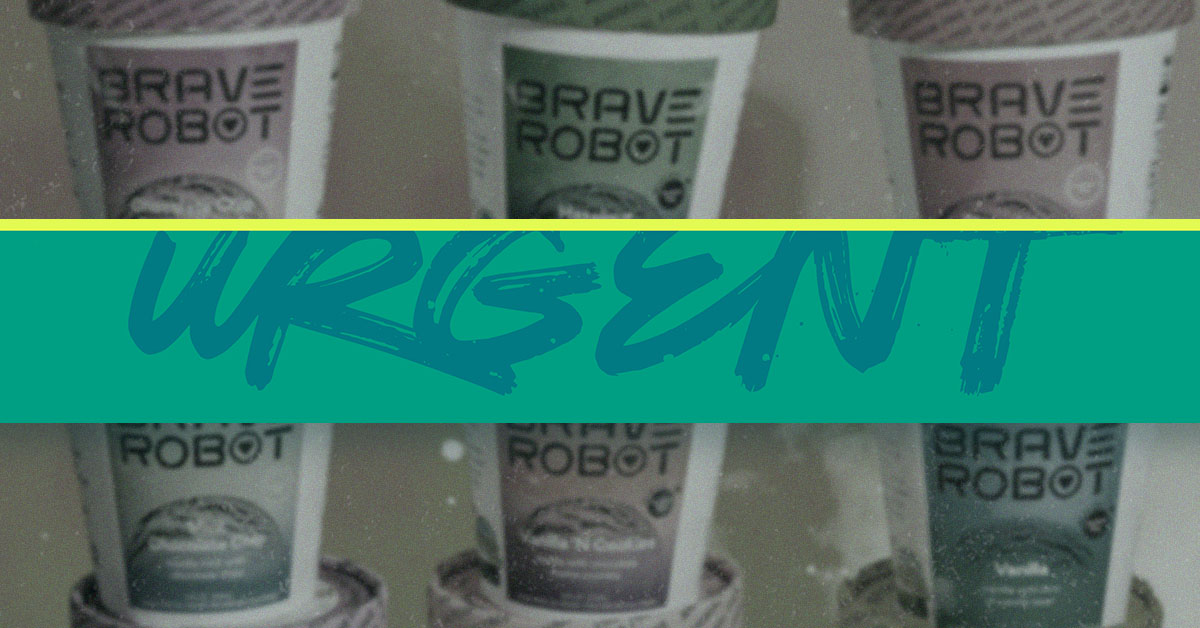
Two Paths Diverge
Perfect Day began as a consumer facing milk brand before announcing a pivot to ingredients sales in 2019. Two years later, Perfect Day co-founders Ryan Pandya and Perumal Gandhi led an investment into TUC, a new company created to develop products using Perfect Day proteins alongside its own Brave Robot line. But in 2021, Perfect Day changed its consumer products strategy again, announcing that TUC was now “a full-fledged part of the [company] umbrella” and would operate as a fully owned subsidiary of Perfect Day.
In conjunction with that announcement, TUC launched the Modern Kitchen line of cream cheese, which came after a short-lived line of Brave Robot cake mixes. The Coolhaus acquisition followed in December 2021. Though executives said that the ice cream brand would begin to phase out its existing SKUs in favor of Perfect Day-based products, the bulk of Coolhaus’ portfolio has remained dairy-based and pea protein-based. Currently it offers two frozen novelties made with Perfect Day protein.
According to a trademark filing last February, and confirmed by the company spokesperson, Perfect Day was also in the process of launching Hello Dairy, a new brand that would absorb the Modern Kitchen products and add fluid milk and other alt-dairy offerings.
Parallel to TUC’s development, Perfect Day was focused on two B2B efforts: serving as an ingredient partner to brands such as Nestlé and Graeters, and helping external companies across categories develop products utilizing precision fermentation via its nth Bio arm. The spokesperson attributed the company’s success with ingredients as another reason for TUC’s closure, noting some larger CPG organizations didn’t want a Perfect Day-owned company creating competing products.
Looking forward, the email sent to remaining team members last week said Perfect Day now “has the strong team that will win together and get us to 2026.” When asked what the 2026 date referred to, the spokesperson shared it “is an internal milestone that we’ve used to mark against our objectives to make our kinder, greener tomorrow a reality.”
Furthermore, the Q&A revealed that the company is preparing “to invest in a U.S. owned manufacturing facility,” in part to support a major brand partnership that will come online before the end of the year. The identity of the partner has not been disclosed, but after the National Restaurant Show last month, B2B ingredient sales head Paul Kollesoff, formerly the general manager for TUC, posted to LinkedIn that his team had spoken with corporations including Panera Bread, Unilever, Kellogg Company, and PepsiCo.
Perfect Day is also still targeting a “series E” round of funding, per the Q&A , and is in “final negotiations.”


